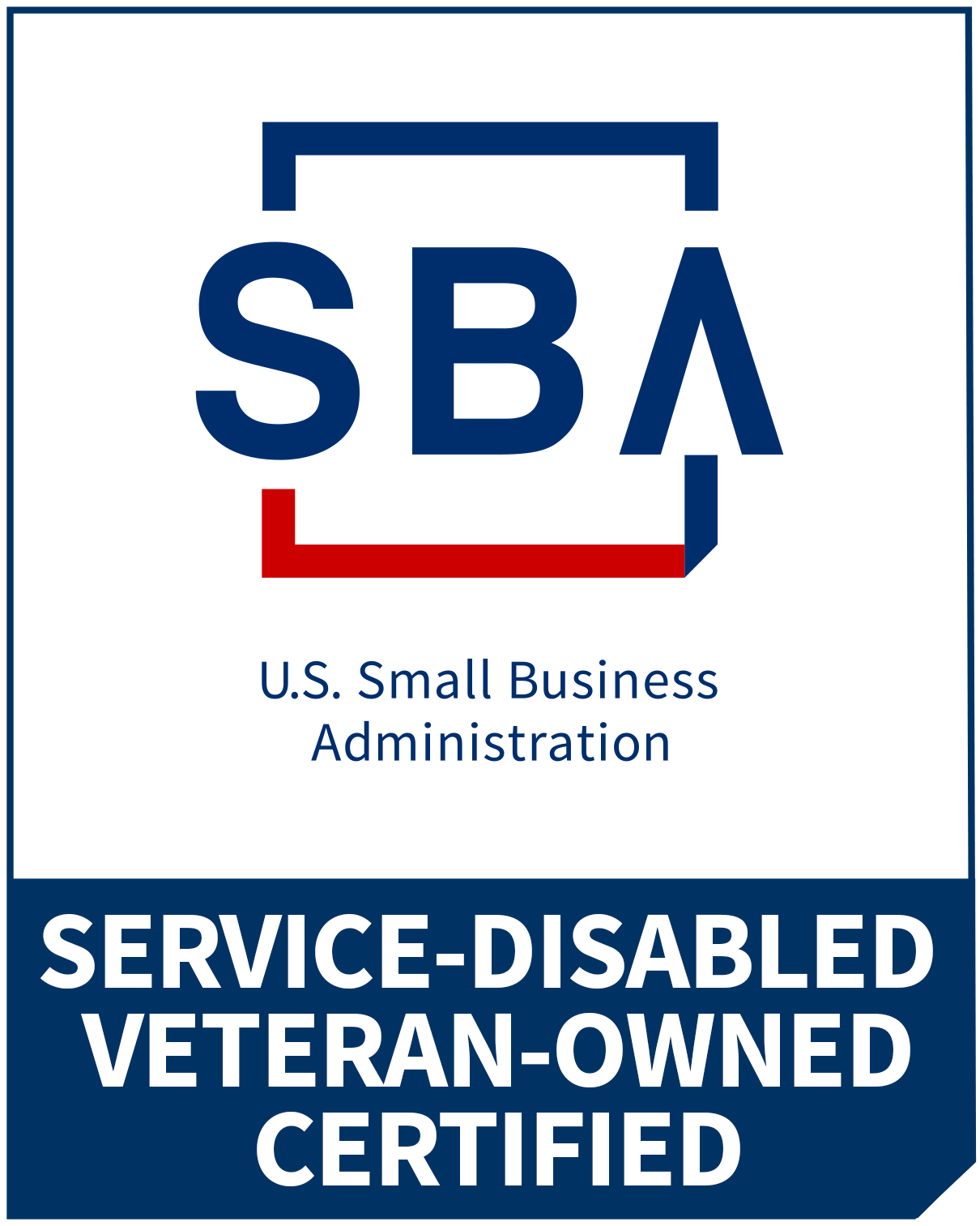Let’s start today with a couple of anecdotal experiences:
Anecdote 1: It seems every time I pay in cash (who does that?), this happens: The cashier, when returning my change lays the bills down in my palm, and then pours the coins over top of them. This means that, to put the change away, I have to slide the bills out from under the coins (a la a magician with the table cloth out from under the glasses and place settings), put the change in my pocket, fold the bills with one hand, then fumble them into my wallet, all while trying to manage the bag of items I just bought. Every time this happens, I’m reminded that a much more convenient way to receive change would be the opposite: Put the coins in my palm then either hand me the bills in the other hand or lay them on top of the coins, thus allowing me to fold the bills with one hand and simultaneously chunk the coins into my pocket. That’d avoid the little magic trick of shuffling the bills out from under the change.
Anecdote 2: Not quite as universally, but often enough, when I wash my hands in the men’s room of an office building, if the paper towels are in one of those dispensers with individual towels folded into each other, it often seems to be so fully stocked that it’s impossible to pull one towel out without tearing it to shreds, it’s jam-packed so tightly. I end up with about a 1” x 2” scrap of a paper towel. The only way to get any is to snake/wriggle my finger up the side of the dispenser, yank out a bunch of them and leave what I don’t use there on the counter for the next guy. Fortunately for that next guy, my now having unleashed the dispenser from its previously crowded state, the towels will now dispense properly too. Full is good, but why pack the dispenser so tightly?
So obviously, right off the bat, two observations:
1) Wow, Z. That’s very esoteric and specific. Also, um, not a big deal. If this is the biggest problem of your day, that’s a good day. Okay. I’ll admit that. But of course, I’ve often argued that most all of CX is little things. But that brings me to the second observation:
2) These (very) minor inconveniences are by definition initiated by people who do this for a living. All day long, cashiers are doling out change, and the custodian who refills the paper towels in the men’s room knows exactly what he or she is doing.
So why the oversights? I think it has to do with blind spots that we all have in the work we do. We’re so used to our own processes and ways of doing our work that we don’t always consider how it impacts our Customers. I’ve written previously about the tendency to see Customers simply as parts of our own processes—cogs in the machine—instead of the entire purpose of our systems in the first place. And I think that, especially when our work becomes structured and repetitive, we stop thinking about the people with whom we’re interacting, or the recipients of the work we do. The work itself becomes the goal (ring the bell, receive a pellet of food), over the outcome of the work (happily pleased Customers who value the relationship they have with your brand).
Further to that point, it’s likely that these two (and please, consider some of your own internal processes where you work) examples of albeit, minor inconveniences, come about based on the employee’s convenience. I’m not sure about the cashier, but I guarantee the janitor crams those dispensers full so he’ll have to less frequently come by and refill them. That’s noble from an efficiency standpoint, but how much would it throw the janitor’s schedule out of whack to simply put just a few fewer paper towels in there?
As trivial as these two examples are, it’s just as good to realize how trivial their correction would be: changing subtle things about the way we do our own jobs with the interests of our Customers ahead of our own convenience may take a little getting used to, and potentially even temporarily (while we get used to doing things differently) discomfort and inconvenience. But the payoff could be much more Customer loyalty and return visits and purchases. This certainly isn’t to pick on cashiers or janitors, but we could learn a little from what we observe around us every day. It’s often that, in our own processes, corporate convenience (and/or efficiency) takes priority over Customer experience. Those of us who own the processes (or at least perform them) have the knowledge of how they work and the power to adjust them as necessary. Do we use that knowledge and power to make our own lives easier? Or do we use it to better serve our Customers?





